Tesla shows that we no longer (have to) own cars
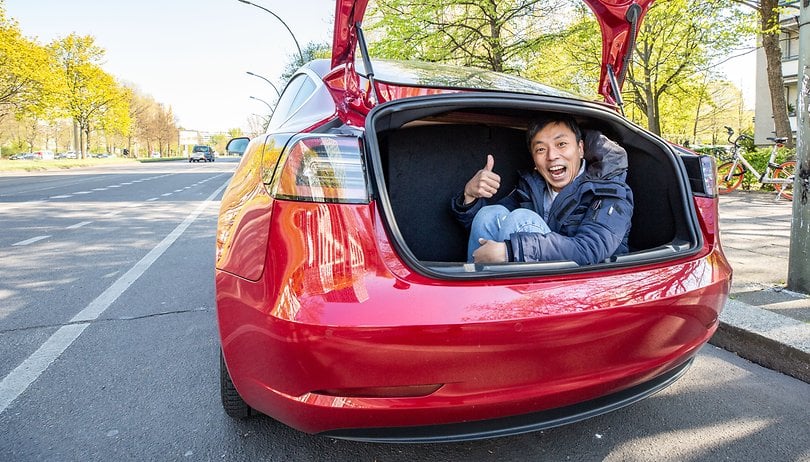

Through an unfortunate chain of events, a Tesla customer has lost the autopilot function of his newly purchased Model S. The manufacturer had switched off the function remotely. This process may cause a stir, but it is perfectly legal and contractual - making it an example for the future of car ownership.
In the IT industry, it is called "Software as a Service", or "SaaS" for short. The customer rents or purchases a license and is then allowed to temporarily use a software service that is available somewhere in "the cloud". They are known to us as Microsoft Office 365, Slack, Google Docs and so on. In their long, mostly incomprehensible and often even partly illegal legal texts, the rights of use are clause-declared. It often says that we have no de facto right to have these services at our disposal. We, therefore, accept to surrender ourselves to them with all their shortcomings, regulations, and prices.
The latest example from the USA shows that the car industry has taken a liking to this model. One customer purchased a Tesla Model S, which was sold by the dealer with the autopilot system activated. The dealer, in turn, bought it at a Tesla auction, which is routinely held with returned vehicles.
The catch: the returned vehicle had erroneously activated the autopilot package including "full potential for autonomous driving", which the first owner had not ordered at all. But Tesla only noticed and corrected this mistake when it was already with the current owner. Since the almost $7,000 feature was never paid for, Tesla deactivated it remotely. On request of the enraged customer at the Tesla service, he only received a note in addition to the above statement that he could also buy the feature later. On the Tesla Motors Club forum, the owner did later post that a customer service rep had contacted to say it would be restored and that to apologize for the trouble. Tesla did not comment publicly on this incident, presumably to respect the rights of the parties involved. But what about our rights?
Imagine that I say: "I baked some delicious cookies", and afterwards I don't tell you where they are. (Stefania Druga, Open Hardware Evangelist)
The agreement between Tesla and its customers is clearly regulated. He who pays gets a product. Only the definition of "product" has changed. Tesla vehicles are both cars and platforms for new features. It's a bit like with game consoles, which are only really fun with expensive games or subscriptions.
As much as I understand that Tesla has to pass on the high development costs for the autopilot to the customer, the principle behind the implementation annoys me. Because it shows how much Tesla buyers are at the mercy of the arbitrariness of the manufacturer. A manufacturer (or a hacker) acting in this way has in theory full remote access to your (pretty expensive, let's face it) vehicle and can one day simply switch it off (or abuse it). And if we look at other electronic products such as smartphones, where this is already the case today, this outlook is neither absurd nor does it give me hope.
I recognize many scenarios where this control is desirable, such as when I lose the keys and want to have them locked like a lost credit card, or when my vehicle (with a tow truck) has been stolen. But here too I see a need for a less economically liberal alternative.
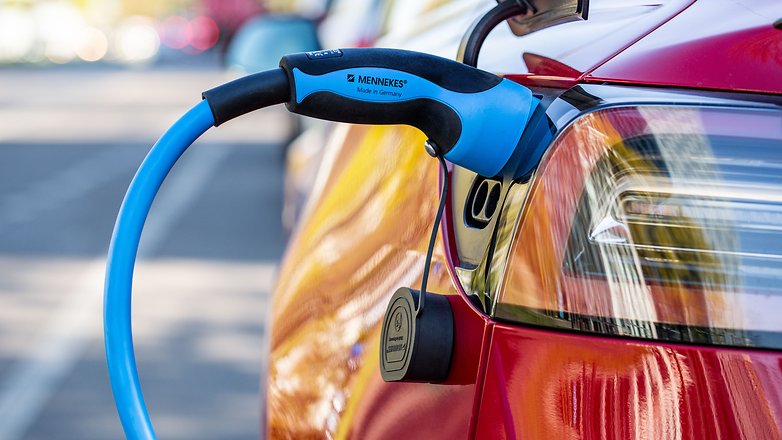
Free hardware for free citizens
What would be the counter-proposal that makes car owners real owners of their cars again? In the USA, farmers are buying 40-year-old agricultural machines, so that they can finally repair them themselves. Oldtimer friends also pursue this type of hobby, because this is the only way they are allowed to work on their mobile toys themselves.
But this cannot be the solution. Particularly as it is much more difficult in electronics, a category in which the automotive industry - even the eternal German one - has now advanced. What we need is a mobile Raspberry Pi.
We need a car project that we can maintain, modify and above all really control ourselves - also in the long term. One that seamlessly documents its complete circuit and construction plans and releases them for reproduction and modification. Such an open-source car platform already exists, or rather, existed.
Open Motors, which started as OSVehicle, showed an exciting approach with the Tabby at the Maker Faire in Rome in 2013. On its website, there were CAD plans for pressing the chassis and construction plans for the chassis for download. You could buy or copy a version with combustion engine to one with an electric motor. But since 2017, no one has heard from them and the website - especially the important plans - is offline.
Inexpensive autopilot alternatives are available
Even self-drive software is free for everyone. iPhone and PlayStation hacker Georg Geohot Hotz released his openpilot for everyone in 2016. So if Tesla buyers really owned their car, instead of the manufacturer's expensive software, they could simply install the open-source alternative, which is considerably cheaper at $999, and be happy; similar to how owners of a Windows computer can simply install Linux.
The Tesla case thus shows that vehicle manufacturers are assuming a different relationship between driver and vehicle in the future. Similar to Software-as-a-Service, it is not the device that is sold, but the solution that this device provides - in this case, Driving-as-a-Service. In addition to the purchase price, Tesla is demanding further thousands for the possibility of taking your hands off the steering wheel while driving.
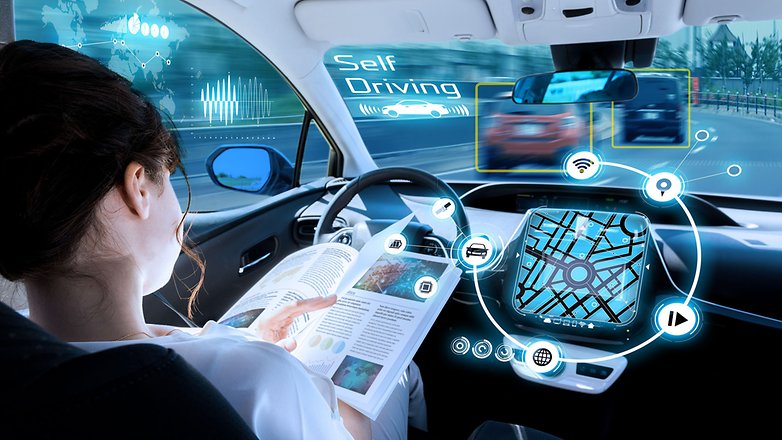
Tesla apparently wants to overcome the "owner"
The only question is whether customers are prepared in the long term to spend the aforementioned cost of a vehicle that they will de facto never really own. After all, what happens if the manufacturer closes the doors and no longer provides security updates? Then hackers would find more and more security holes, spread them, and finally attack the unprotected vehicles.
Perhaps Tesla is already one step ahead and is preparing the vehicles for a future in which they will only be rented for their useful life, such as the driving time only. Similar to how we use Software-as-a-Service on any computer, we can then get into any Tesla and use the subscribed driving features with it. All we need is a Tesla account, and the vehicle will do everything we paid for. Thanks to autopilot it will of course come to us on time when we need it.
That wouldn't be so bad, because nobody is angry anymore about the fact that the car was sitting static for hours unused - and was uselessly in the way of all the others. And then we don't care if someone steals it anymore.
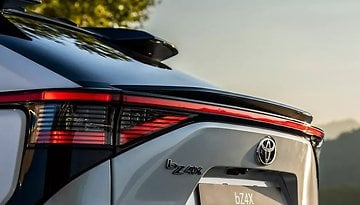
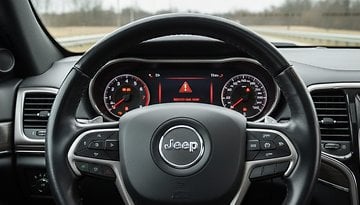
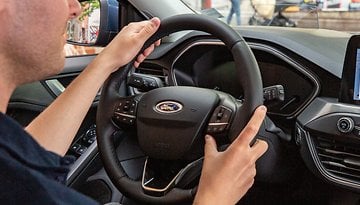
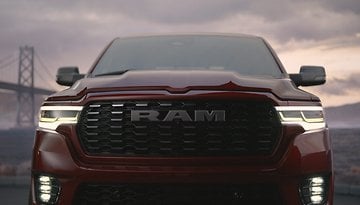
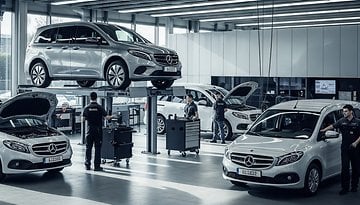
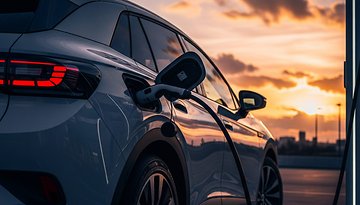
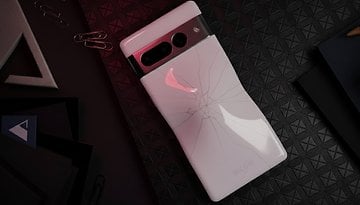


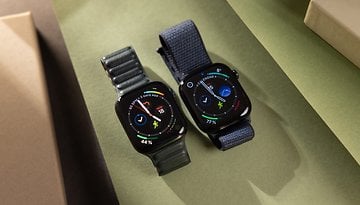
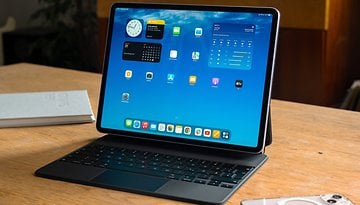



I just can 't accept a future like that!!
To the point of YOU do not "own" your car...you merely "rent" it and the features, that we can disable at a time of our choosing. You can't repair them per se, because pretty much everything is software driven, and you know how TOS's work. Shame...what's yours, is not yours.
-
Admin
Feb 12, 2020 Link to commentI get a whiff of Big Brother smell here. I do not like it